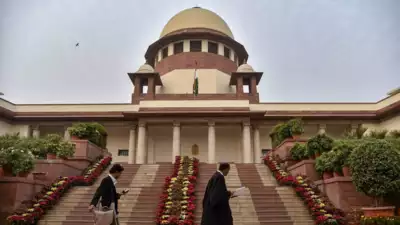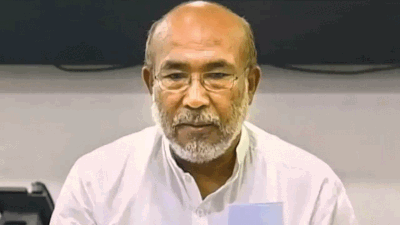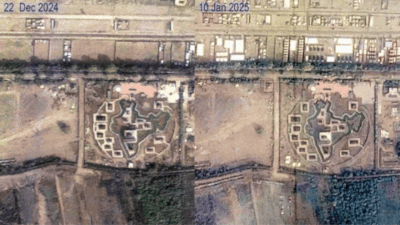NEW DELHI: The Congress Party has approached the Supreme Court to defend the validity of the Places of Worship (Special Provisions) Act, 1991, asserting that the law is crucial for upholding secularism—a fundamental tenet of the Indian Constitution—and ensuring communal harmony across the nation.
The party has sought to intervene in the ongoing litigation initiated by individuals such as Ashwini Kumar Upadhyay (now affiliated with the BJP), former MP Subramanian Swamy, and other Hindu organizations, who have challenged the constitutional validity of the Act. The Congress has urged the court to dismiss these petitions outright.
Drawing on the Supreme Court’s past rulings, including the Ayodhya judgment, the Congress argued that the nation must focus on the future rather than attempting to rectify historical injustices.
Public Opinion Poll:
Can secularism be preserved through legal measures?
- No, it requires social efforts.
- Yes, legal measures are essential.
In its plea, the Congress described the challenges to the law as a “motivated and malicious attempt” to undermine secularism. It emphasized the importance of the Act in maintaining India’s secular and communal balance, warning that any alteration could threaten the nation’s sovereignty and integrity.
“The current challenge appears to be driven by questionable motives, aiming to erode established principles of secularism. This Act is vital for safeguarding constitutional values and ensuring societal harmony,” the plea stated.
Filed by advocate Abishek Jebaraj, the application stressed that Sections 2, 3, and 4 of the Act are pivotal in protecting the right to freedom of religion and preserving secularism. It also highlighted that the legislation fortifies fundamental rights and the Constitution’s core principles, including secularism and fraternity.
The law has been contested on the grounds that it is discriminatory and violates fundamental rights. The petitioners have argued that Sections 3 and 4 should be declared void as they contravene Articles 14, 15, 21, 25, 26, and 29 of the Constitution, claiming these provisions validate “places of worship” established during invasions by foreign rulers.
Section 3 prohibits the conversion of places of worship, while Section 4 bars courts from hearing challenges to the religious character of such sites as they existed on August 15, 1947.
Countering these claims, the Congress stated that the Act does not infringe upon any fundamental rights and is, instead, instrumental in preserving the constitutional vision of a secular and harmonious India.




